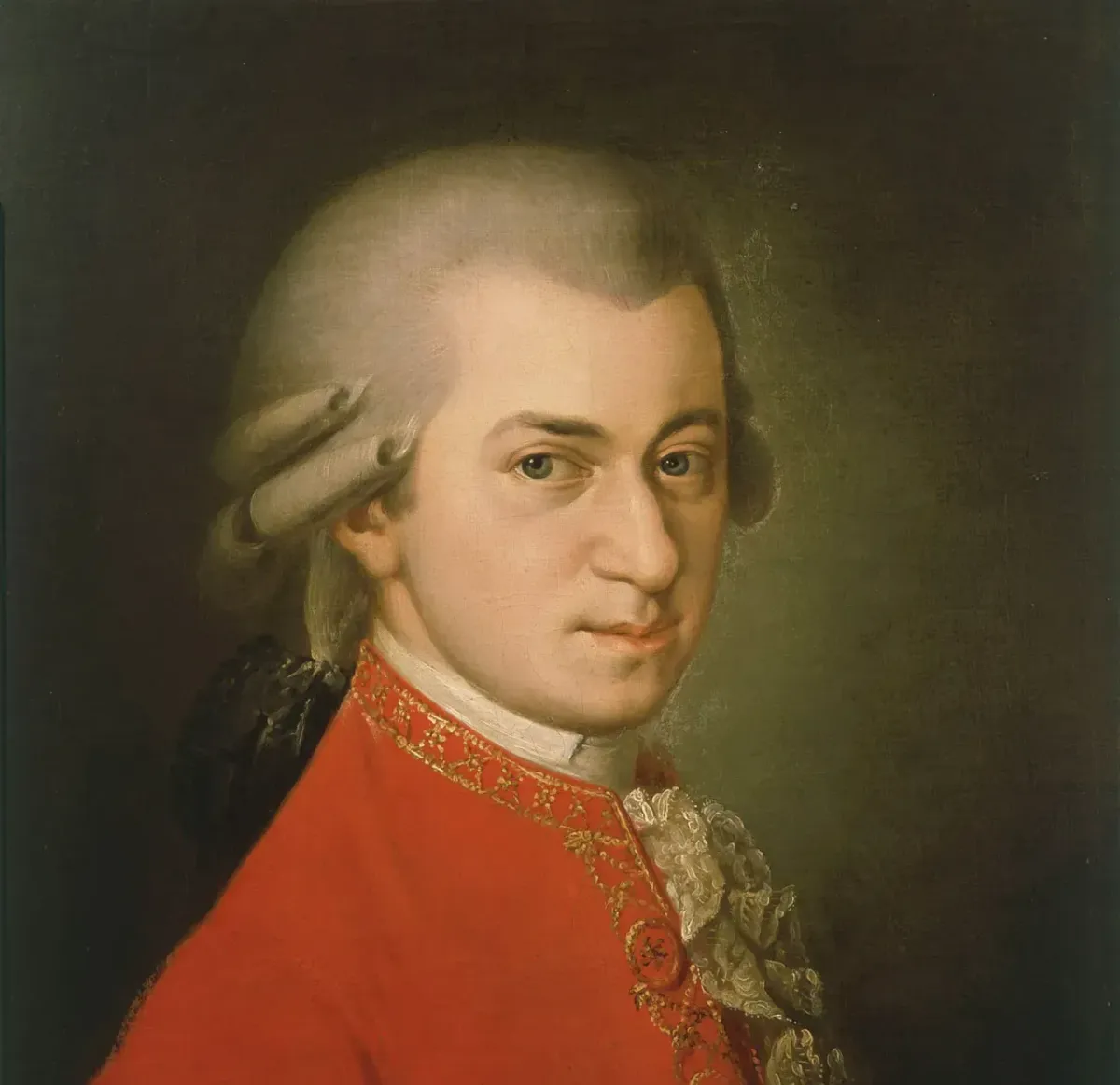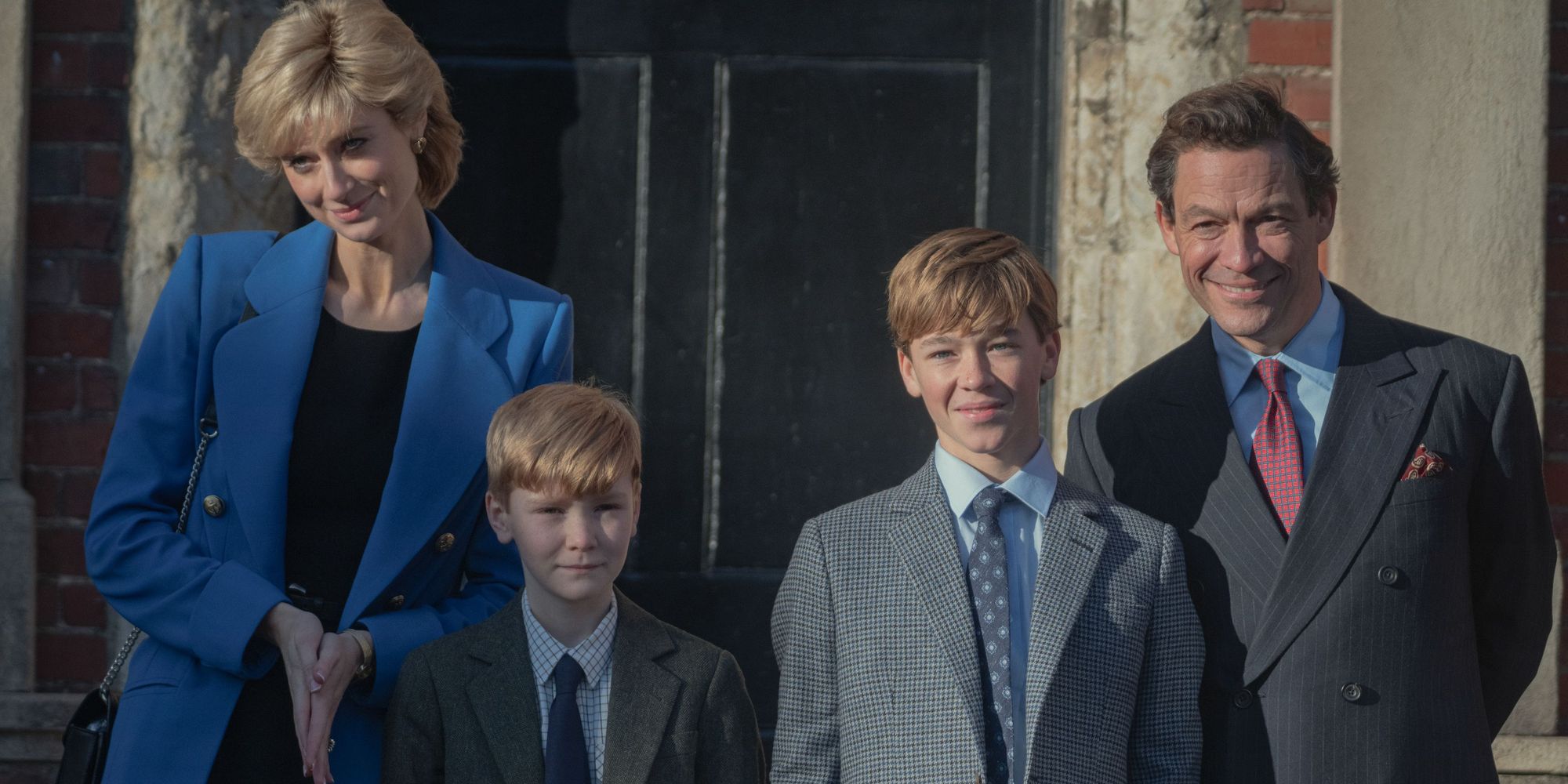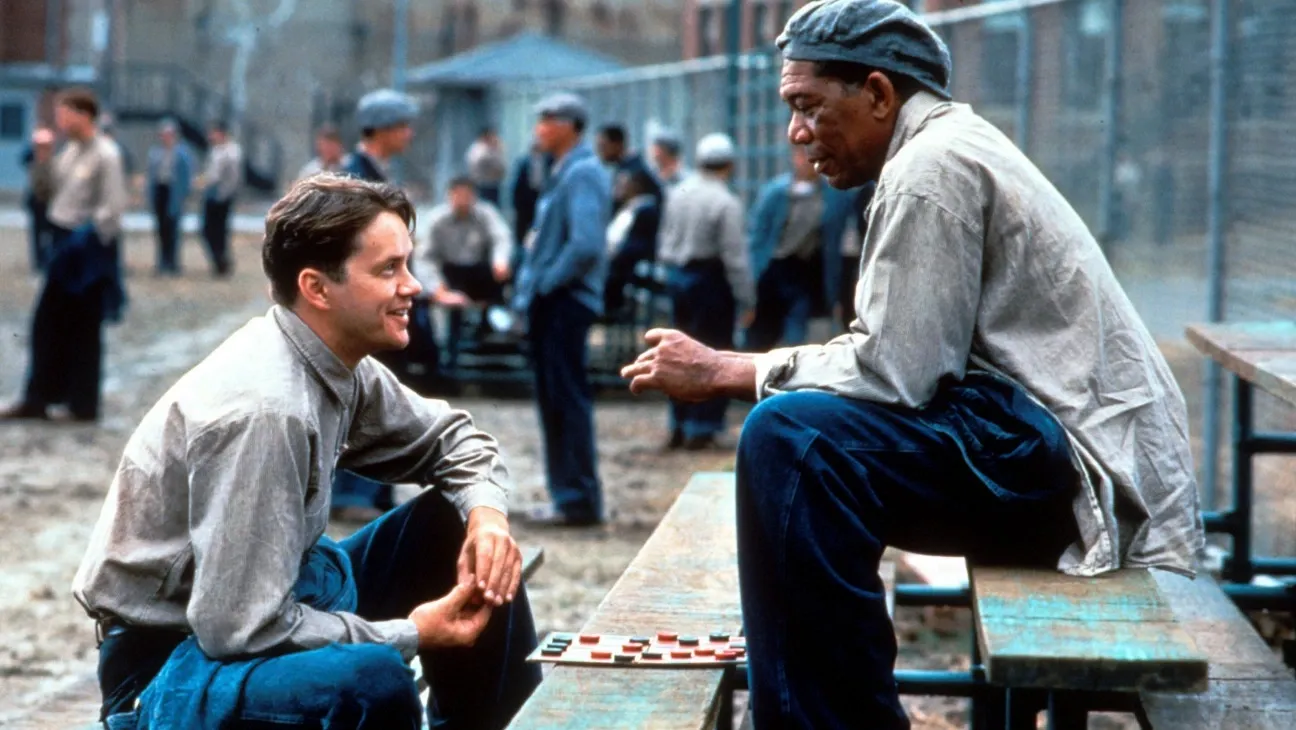Mozart: Pop Musician and Movie Composer
You probably listen to Mozart a lot more than you think.


Everyone has undoubtedly heard of Mozart at some point in their life. The accomplished child prodigy composer, who famously composed operas and symphonies before the age of twelve, has been a household name for centuries. Mozart's own compositions are not the only aspect of his legacy that live on today; his influence seeps through modern music, media, and pop culture. These contemporary reinterpretations of Mozart's genius only further solidify his legendary status as one of the most prolific composers of all time.
Mozart’s story starts in Salzburg, Austria, where he was born in the year 1756. At age four, a young Wolfgang Amadeus Mozart was already composting short piano pieces. His father, who saw Mozart’s genius even then, would write down the notes Mozart played. At the ripe age of six, Mozart and his sister, Maria, toured throughout Europe, playing pieces with their father in front of kings and queens. This experience gave Mozart the exposure and opportunity to embark on a successful career as a pianist and composer.

He continued to develop compositions into his teen years and, by the age of thirteen, had finished composing his first opera, Apollo et Hyacinthus. Mozart’s obsession with composing continued throughout his whole life. He is said to have composed at the dinner table, composed a piece about a cat (because he liked acting like one,) and even composed while his wife was having a baby. His repertoire is so extensive that it would take about eight days to play if one sat down to perform without stopping.
While Mozart continued to gain popularity all around Europe as a talented composer, he was not nearly regarded with the high esteem that he receives today. Wolfgang’s health started deteriorating in his thirties as he overworked himself, constantly composing for the many commissions sent to him. Mozart also had egregious spending habits, owing so much money to tailors, cobblers, and others that, when he died, his wife barely had enough money to bury him.
In July of 1791, a gloomy stranger showed up to Mozart’s house with a request to write a requiem — a Catholic mass for the dead. Mozart was paranoid that this requiem was to be written for his death, but he nonetheless took on the commision and began to write the requiem in spite of his fears. The composition was ultimately left unfinished when Mozart passed away at the young age of 35 on December 5, 1791. His cause of death is believed to be kidney failure, which is commonly linked to stress. Mozart’s requiem was finished by his pupil Sussmayr and forged in Mozart’s name so his family would be paid.
Wolfgang A. Mozart was one of the greatest composers of all time — he redefined the symphony, and lifted chamber music to new heights, and his name and legacy live on in modern times.
There are many examples of Mozart’s brilliance found in our world today. For instance, many have heard the famous “Twinkle, Twinkle Little Star” melody, but few know it is actually from the fingertips of Mozart… kind of. Mozart is credited with the composition, despite it being taken from "Ah! vous dirais-je Maman" ("Oh! Shall I Tell You Mommy"), which is a french folk tune that was popular at the time. Mozart produced 12 variations of this piece for piano exercises designed for his pupils to play and their prevalence and popularity likely made Mozart the credited composer for the familiar kids song. This tune is also the same melody of “Baa Baa Black Sheep.” After all, he remains the most famous kid composer of all time.

One of his most recognizable and iconic choral prices of all time is Lacrimosa from the Mozart Requiem. This haunting, beautiful piece actually has a dark story behind its composition. Mozart could feel his life nearing its end as he wrote Lacrimosa, and he died with the score incomplete. The first 8 bars of Lacrimosa were the last notes that Wolfgang A. Mozart ever wrote. Before he passed Mozart said: “The taste of death is upon my lips. I feel something that is not of this Earth.” Many movies and TV shows use Mozart’s brilliant pieces as soundtracks and background music. For example, the popular show "Peaky Blinders" used Lacrimosa from the Mozart Requiem in their season 6 episode 6 finale scene to add a dramatic, grand effect. Lacrimosa is also used in the films "Eyes Wide Shut," "Come and See," "The Fall," "The Crown," and several other notable cinemas. That is only one song Mozart wrote and it is still being used today.
Mozart's life and music have been the subject of numerous movies and TV shows, including the aforementioned “Amadeus,” which won eight Academy Awards, and the popular biographical drama series “Mozart in the Jungle.” His music has also been featured in countless films and TV shows, from "The Shawshank Redemption" to "The Simpsons."

Mozart's music has also been used in advertising campaigns for a variety of products, from cars to perfume. For example, the famous "Little Black Dress" commercial for Chanel No. 5 featured a version of Mozart's "Rondo Alla Turca," while the "Joy of Life" commercial for Honda used his "Eine Kleine Nachtmusik."
Mozart's music has been sampled and reinterpreted in numerous pop songs, from the Beatles' "All You Need Is Love" Clean Bandit’s “Mozart’s House” His music has also been covered by a wide range of artists, including rock bands like Queen and Electric Light Orchestra, as well as contemporary classical musicians like Lang Lang and Yo-Yo Ma.
Mozart's music continues to inspire contemporary music, with artists from various genres incorporating his melodies and themes into their compositions. For example, the film "Amadeus" used his music extensively, and modern classical composers such as Philip Glass and Michael Nyman have cited Mozart as an influence.
With the rise of digital technology, Mozart's music has become more accessible than ever before. Streaming services such as Spotify and Apple Music make it easy to listen to Mozart's music on-demand, and there are even apps that allow users to learn and play his compositions on their mobile devices like Simply Piano.
Recent studies have shown that listening to Mozart's music can have a positive impact on the brain, particularly in terms of improving cognitive function and memory retention. This has led to the development of various music-based therapies, such as the "Mozart Effect," which is used to improve the learning abilities of children and adults alike.
Although Wolfgang Amadeus Mozart’s life was short, he will forever be remembered as one of the greatest classical composers of all time, a huge influence on music ranging from symphonies to rock, and a true genius. Mozart is heard by millions around the world today. Whether his legacy for the listener is in new works inspired by Mozart or a concert of Mozart’s music, his sound will live on forever in this world.




